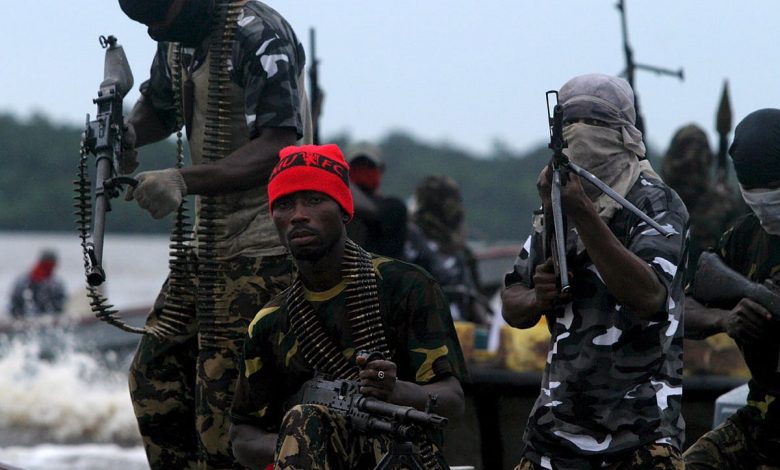
For months, POLITICS NIGERIA has consistently been reporting on the persistent insecurity plaguing Nigeria.
This newspaper has done extensive analysis on the conflict between herders and farmers across the nation. In recent times, this has further metamorphosed into a pseudo-eviction of Fulani herders in the Southwest region of the country.
Despite the fact that Nigeria’s constitution frowns at eviction of citizens from any location of the country, residents in most parts of the southwest prefer to breach the law for what they tag their safety. Like we have unrest in the southwest, there has been an unprecedented increase in violent attacks in north-central, northeast, northwest, south-east and south-south.
In communities where people aren’t killed, many would be kidnapped, almost on a weekly basis. The criminals carrying out these actions have been tagged ‘bandits’ by State officials.
Many security analysts have expressed concern that if care is not taken, these bandits could transform into terrorist groups like the Islamic State in the Greater Sahara (ISGS); Jama’at Nusrat al Islam wal Muslimin (JNIM); and Al Qaida in the Islamic Maghreb; a splinter of Boko Haram popularly referred to as the Islamic State in West Africa Province (ISWAP).
In this analysis, POLITICS NIGERIA examines why Nigeria is vulnerable to incessant violent attacks despite efforts by the government to curb menace.
Firstly, Nigeria has porous borders that are poorly policed by the Nigerian Customs and Immigration Services. Various newspaper reports have in the past showed how easy it is to sneak in and out of Nigeria with various contraband including guns. All required is enough cash to bribe operatives.
Upon entry into the country, criminals find their way into the forest reserves especially if they are coming in through the Northern region. POLITICS NIGERIA understands that this illicit proliferation of weapons exerts a considerable impact on peace and security by contributing significantly to an increase in terrorists’ activities in Nigeria.
Security experts also told this newspaper that some other reasons why insecurity persists include weak institutional capacity within the police; extreme inequality, poverty, unemployment; and citizens’ alienation from the government.
“Poverty renders many unemployed youths more vulnerable to recruitment by terror groups,” Tunde Ola, a security expert, told POLITICS NIGERIA. Mr Ola also said “terrorists and criminals appear to be emboldened given the federal government’s weakening engagement.”
This he said, making reference to failed direct negotiations with these criminal groups. Some of the negotiations in the past have included offering of amnesties and other incentives to end attacks. At some point, authorities agreed to release all arrested persons from such groups in exchange for hostages.
But these tactics continue to fail and analysts in their view reveal that it is because criminal elements lack central command and a common goal. Our correspondent’s findings further showed that sometimes agreements made with one group are not binding on others.
Findings also showed that illegal mining activities have contributed to the menace Nigeria is battling with. Having highlighted some of these challenges, it is correct to say that better equipped border security and a total clampdown on corruption may reduce these challenges.
Leaders must also be willing to curb corruption through strategic coordination with all security agencies in the country. More so, there must be strategic investments in human and infrastructural development to help solve the long-term, underlying challenges created by poor governance and deepening poverty.
